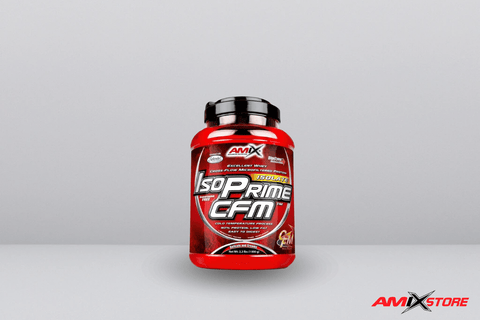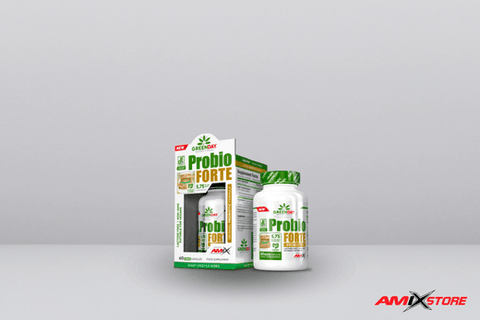According to the recommendations of the World Health Organization (WHO), a healthy adult should consume 0.8 grams of protein per kilo of weight. However, many people do not appreciate the importance of this macronutrient until their body sends them deficiency signals. Protein is essential for the formation and repair of tissues, the maintenance of muscle mass and the proper functioning of the immune system.
The Importance of Protein in Health
“Protein, along with fats, is one of the most important macronutrients for the body,” says the nutritionist. Saul Sanchez. This nutrient participates in countless biological functions and is part of the structure of muscles, tendons, skin and nails. In addition, it contributes to the transport of oxygen and the proper functioning of the nervous system.
According to the article Proteins in nutrition, proteins play a critical role in growth, tissue repair, and essential metabolic functions. Its adequate consumption is key to maintaining a healthy balance in the body.
Symptoms of Protein Deficiency
Lack of protein is rare in developed countries, but can occur in people with inadequate diets or dietary restrictions. Below are some of the most common symptoms of insufficient protein intake:
1. Constant Hunger
If you feel hungry frequently, even shortly after eating, your diet may be low in protein. This macronutrient helps regulate satiety and stabilizes blood sugar levels, preventing frequent cravings.
2. Loss of Muscle Mass
When the body does not receive enough protein, it turns to muscles as a source of amino acids. This causes a decrease in muscle mass, fatigue and a reduced ability to recover after exercise.
3. Liquid Retention
Proteins are essential to maintain fluid balance in the body. A low-protein diet can cause fluid accumulation, bloating, and circulatory problems.
4. Low Mood and Depression
Protein is key in the production of neurotransmitters such as serotonin and dopamine. A lack of essential amino acids can affect mood, increasing the risk of anxiety and depression.
5. Hair Loss and Brittle Nails
Collagen and keratin, essential for hair and nails, depend on adequate protein intake. A protein deficiency can cause weak hair, brittle nails and skin problems.
Sources of Protein in Food
To guarantee adequate protein consumption, it is important to include foods rich in this macronutrient in your diet:
Protein of High Biological Value
-
Lean meats (chicken, turkey, beef)
-
Fish and shellfish
-
Eggs
-
Dairy such as yogurt, cheese, and milk
Plant-based protein
-
Legumes (lentils, chickpeas, beans)
-
Whole grains (rice, quinoa, oats)
-
Nuts (almonds, walnuts)
-
Edible seaweed and soy products (tofu, tempeh)
Animal proteins and soy protein are considered the most complete, but the ideal is to maintain a balanced diet that combines protein sources from different origins.
Protein Supplements: Are They a Good Option?
There are multiple protein supplements on the market that can help meet daily requirements.
The most common protein supplements include:
-
Whey protein (whey protein)
-
Vegetable protein (pea, rice, hemp)
For athletes or people with higher protein requirements, these supplements can be an effective option to improve performance and muscle recovery.







Comments (0)
There are no comments for this article. Be the first one to leave a message!